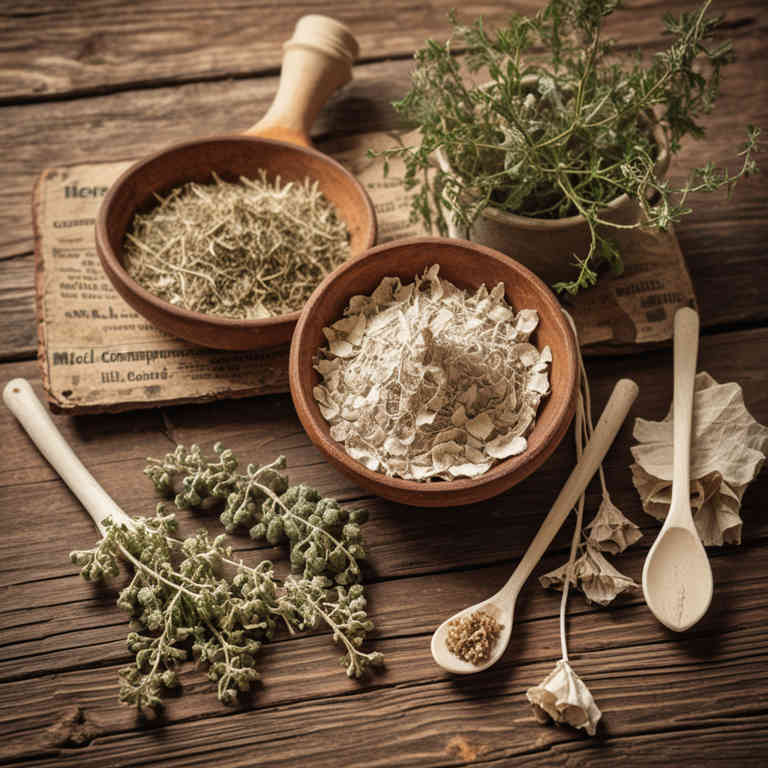Commiphora molmol mucillage for medicinal use

Commiphora molmol mucillage is a viscous, sticky substance derived from the resin of the Commiphora molmol tree, commonly known as the "myrrh" tree.
This preparation is obtained by processing the gum resin to extract its mucilaginous properties, which give it a thick, gel-like consistency. In herbalism, it is used for its soothing and protective qualities, often applied externally to treat wounds, skin irritations, and inflammatory conditions. It is also valued for its potential antimicrobial and anti-inflammatory effects.
This preparation has been traditionally used in various cultures for its healing properties and is still valued in modern herbal medicine.
Uses
Commiphora molmol mucillage has been used to treat inflammatory conditions and digestive disorders for centuries in traditional medicine.
Historically, it was valued in Ayurvedic and traditional Chinese medicine for its anti-inflammatory and soothing properties. The mucilage, derived from the resin of the Commiphora molmol tree, was traditionally used to alleviate symptoms of respiratory and gastrointestinal issues. In modern times, it is still used in herbal remedies and is being studied for its potential in managing conditions like irritable bowel syndrome and inflammatory bowel disease.
Its continued use highlights its significance in both historical and contemporary therapeutic practices.
Constituents
Commiphora molmol mucillage active constituents include resinous compounds, mucilage, and volatile oils.
These components contribute to its traditional use in supporting digestive health and reducing inflammation. The mucilage provides a soothing effect on the gastrointestinal tract, while the resinous substances may have antimicrobial properties. Volatile oils are believed to aid in respiratory and skin conditions due to their anti-inflammatory and antiseptic qualities.
Overall, this herbal preparation is valued for its potential to promote healing and wellness through its diverse bioactive compounds.
Side Effects
Commiphora molmol mucillage may lead to gastrointestinal discomfort, including nausea, vomiting, and diarrhea, due to its high mucilage content.
It may also cause allergic reactions in individuals sensitive to its components, such as skin rashes or respiratory issues. Prolonged use could potentially interfere with nutrient absorption, leading to deficiencies. In some cases, it may cause bloating or constipation, depending on the individual's digestive system.
It is important to consult a healthcare professional before using this preparation, especially for those with pre-existing medical conditions or taking other medications.